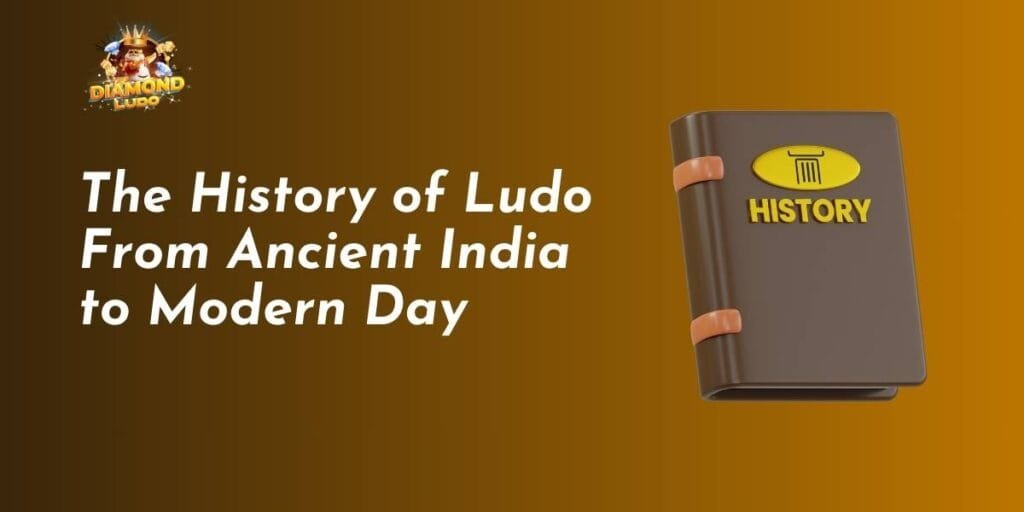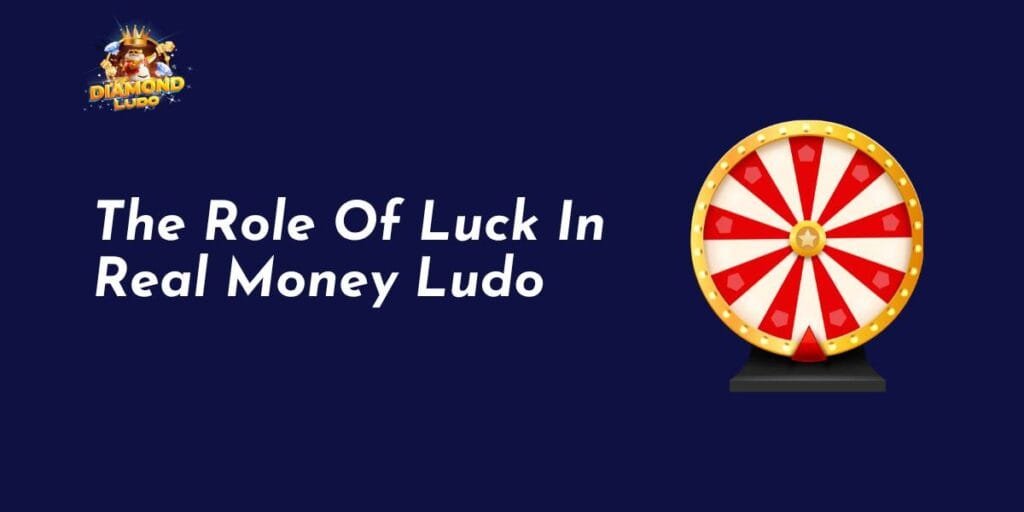The Ludo is a popular game of favorite among young and old alike, but have you ever wondered about the rich history behind this classic board game?
Ludo has been around for centuries and has its roots in ancient India, where it was known as Pachisi. Throughout its lifetime, the game of Ludo (Play Ludo) has seen its popularity wax and wane, but it remains a beloved game to this day.
We will take a look at the history of Ludo, from its humble beginnings in India to its modern-day iterations. We’ll explore the exciting and fascinating story behind this classic game of strategy and luck, and discover why it continues to be a great game to play.
So, let’s join together and dive into the world of Ludo and learn how this beloved game has evolved over the centuries.
Some Facts About Ludo Game
- Ludo originates from the ancient Indian game Pachisi, dating back to the 6th century CE.
- Emperor Akbar played a life-sized version of Pachisi using his courtyard as the board.
- The modern version of Ludo was patented in England in 1896 by Alfred Collier.
- Ludo is now known by different names globally, such as Parcheesi in the USA and Mensch ärgere Dich nicht in Germany.
- The game gained immense popularity during the COVID-19 pandemic, with millions playing digital versions worldwide.
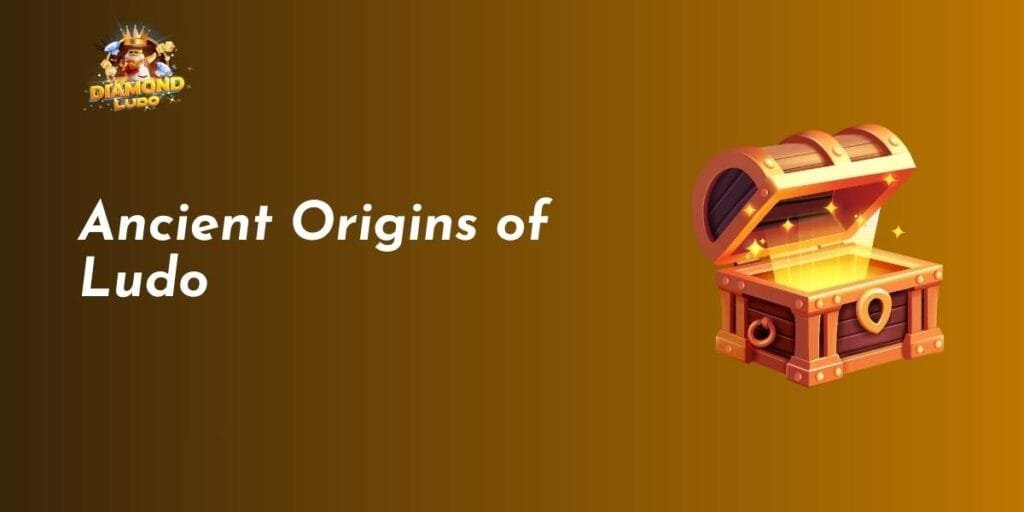
Ancient Origins of Ludo
The ancient game of Ludo is believed to have originated in India, during the 6th century, and has captivated players for centuries. It is a game that can be enjoyed by both adults and children.
It is believed that the game originated in India, from the game of ‘Pachisi’, which is thought to have been invented by the Mughal emperors in the 16th century. Pachisi was a popular game in India, played by four people on a board that was divided into four parts.
The game of Ludo, as we know it today, is thought to have been adapted from Pachisi and brought to Europe by traders in the 19th century. It quickly gained popularity.
The game slowly spread across the world, taking on different names in different countries. In Persia, the game was known as “Nard” and it was also a popular game in England.
Also Read – The Role Of Skill In Real Money Ludo

The Popularity of Ludo Throughout History
It has become a beloved game around the world, and its popularity has grown in recent years. It is often described as a simplified version of the game Pachisi, which was popular during the Mughal Empire.
- Expansion of Ludo in the 16th century: The game then quickly spread throughout Asia and became popular in many different countries and cultures. By the end of the 16th century, Ludo had become a globally popular game.
- Popularity in the modern day: The game’s popularity has been further boosted by the emergence of online versions, which have enabled people to play with friends and family from anywhere in the world.
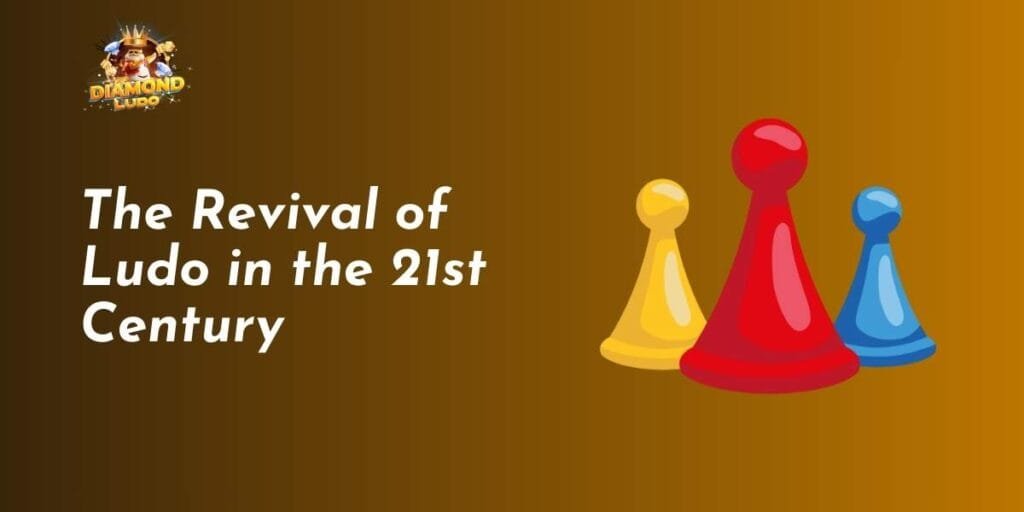
The Revival of Ludo in the 21st Century
The renewed interest in Ludo has been attributed to its simplicity, its portability, and its ability to foster conversations between players.
- Reemergence of Ludo in the 21st century: It has been a welcome sight for many people around the world. This ancient game of strategy and luck has found a new audience in the digital age, also its availability on mobile platforms and other digital outlets.
- Impact on modern gaming culture: It has been far-reaching in recent years. Ludo, a classic board game that has been around since the 16th century, has been transformed by digital technology, providing a fresh and innovative gaming experience.
- Technological advances contributing to the popularity of Ludo: These technological advances have made the game more accessible and easier to play. Online versions of the game are available to download, allowing players to compete against opponents from different countries.
- The importance of Ludo in modern society: Ludo also helps to develop important life skills such as problem-solving, critical thinking, and communication. It requires players to analyze their opponents’ strategies, practice strategies, and plan ahead.
Also Read – The Role Of Luck In Real Money Ludo
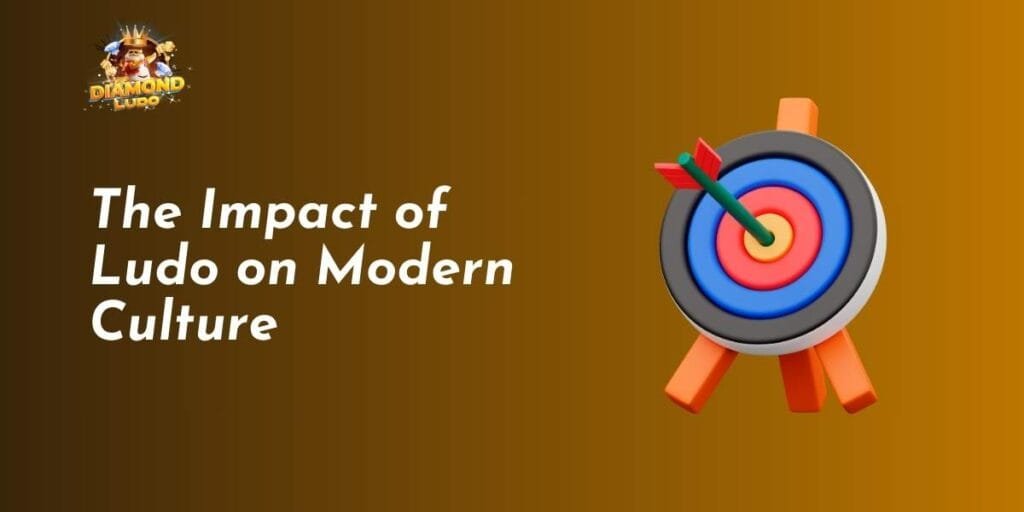
The Impact of Ludo on Modern Culture
Ludo has been an integral part of modern culture for well over a century. It has provided an entertaining and educational pastime for generations of people, and its impact can be seen in many different areas.
- Popularity of Ludo in the modern era: One of the most important contributions of Ludo to modern culture is its popularity as a game that can be enjoyed by people of all ages.
- Ludo as a tool for social connection: It has proven to be an effective way to bring family and friends together, as it is easy to learn and play. This has encouraged social interaction and helped build stronger relationships between players.
- Influence of Ludo on other gaming genres: Ludo is one of the oldest board games in the world. Its influence over the years is undeniable, as it has been adapted and used as an inspiration for other game genres. Ludo’s legacy also extends to the digital world, with many mobile, computer, and console games using Ludo-style mechanics. As a result, the influence of Ludo remains strong, as it continues to shape and inspire the gaming industry.
Conclusion
In conclusion, Ludo has a long, fascinating history that has gone through many transformations over the centuries.
From its roots in India and Persia to being adopted by the British and becoming a popular board game across the world, Ludo has become a beloved game enjoyed by people of all ages.
It has been reinvented in many ways, from physical board games to video games, and is sure to remain a classic for generations to come.
It’s a great game to play with family or friends, and it’s something that can bring people together in a fun and entertaining way. Ludo is sure to remain popular for many years to come, and will always be a great way to pass the time with those you care about.

